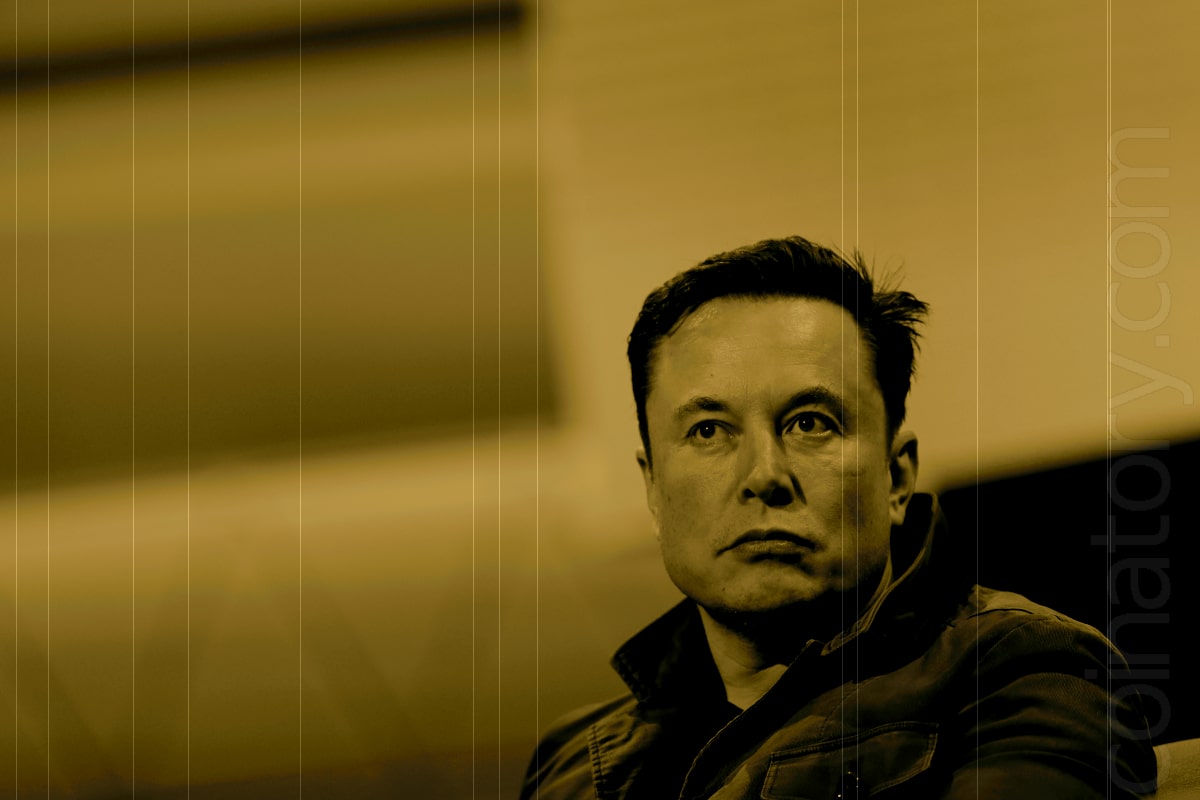
Elon Musk has officially confirmed his resignation as head of the Department of Government Efficiency (DOGE), a White House initiative aimed at cutting federal costs, describing the task as a “uphill battle.” His stint as a Special Government Employee, which is officially limited to 130 days of service, ends on May 30. His resignation was revealed in a post on X on May 29.
“I thank President Donald Trump for the opportunity to reduce wasteful spending,” Musk stated, with a White House official confirming to Reuters that offboarding procedures had begun.
Federal Reduction Faces Opposition
Musk claimed in an interview with The Washington Post that the “federal bureaucracy situation is much worse” than expected. Numerous media outlets have questioned the veracity of DOGE’s claims of saving $175 billion since Trump took office again on January 20, pointing to serious inaccuracies and exaggerations.
The savings only make up 8.5% of Musk’s initial cost-cutting target of $2 trillion, which he later adjusted to $150 billion. Through buyouts, early retirements, and layoffs, DOGE has reportedly helped reduce the government workforce by 12%, or 260,000 jobs.
Musk warned that a multi-trillion-dollar tax relief bill adopted by House Republicans will worsen the budget deficit and jeopardize DOGE’s fiscal objectives in an interview with CBS.
Disputes and Legal Difficulties
There has been some debate over Musk’s time at DOGE. Musk and DOGE are accused of illegally influencing federal authorities in a lawsuit brought by 14 states. Unauthorized access to government systems, unlawful termination of federal employees, and the sudden cancellation of agency contracts are among the allegations, which raise constitutional concerns about DOGE’s reach and power.
Keeping Business and Politics in Balance
Musk, who is still the CEO of Tesla and other businesses, acknowledged in a separate May 28 interview with Ars Technica that he had devoted “a bit too much time” to political activities, a decision that detractors claim was a factor in Tesla’s poor performance.
“I think I probably did spend a bit too much time on politics,” Musk said, while emphasizing that the actual time commitment to DOGE was overstated by the media. He gave stakeholders his word that he had already started to reduce his role with the administration.
Investors seem to have been reassured by that announcement. Even though the firm reported an 80% fall in quarterly net profits, Tesla shares (TSLA) jumped more than 5% in after-hours trading after the company’s Q1 financial announcement, which featured Musk’s pledge to lessen his attention on DOGE.







